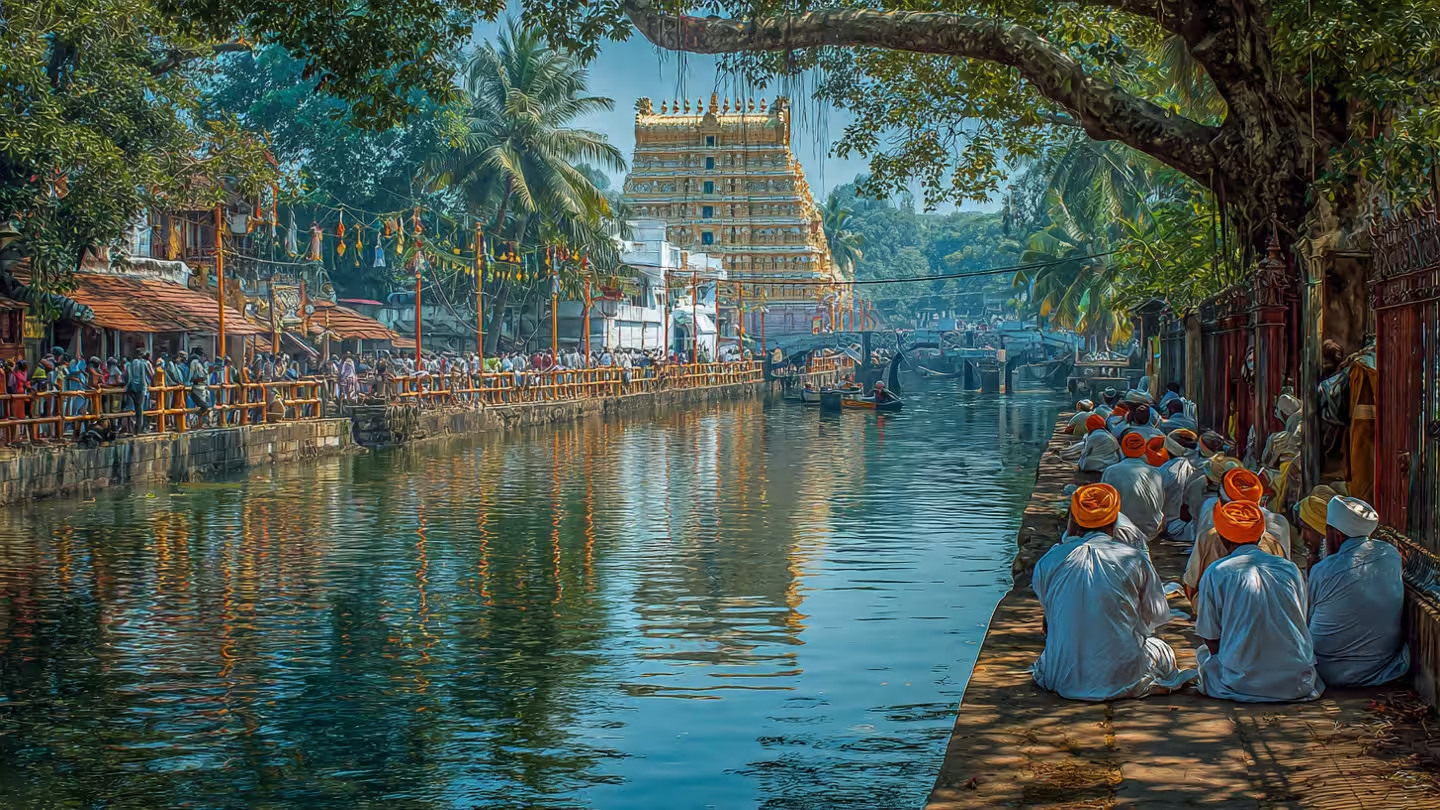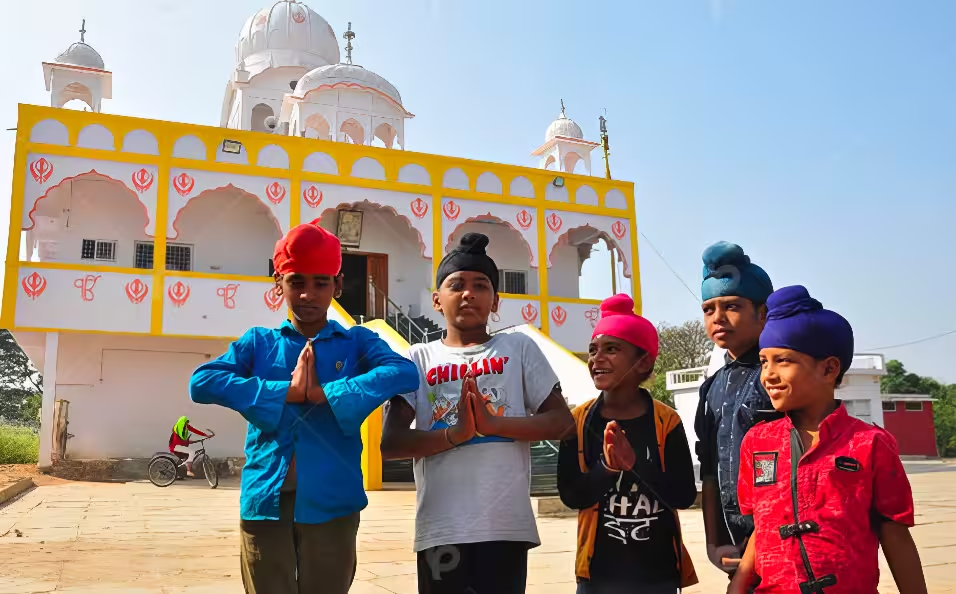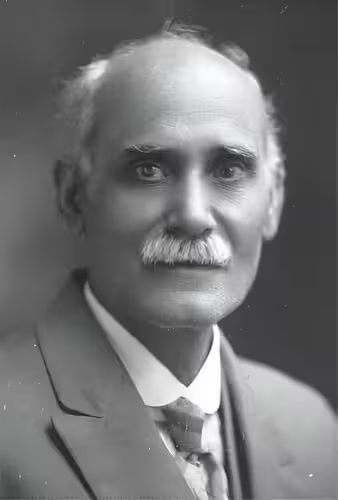
Phomen Singh Gill :From Punjab to Aotearoa
Phomen Singh Gill, also known as Phuman Singh, stands as a towering figure in the history of Sikh migration to New Zealand. Born in 1869 or 1870 in the village of Charik, Moga district, Punjab, India, he was among the earliest Indian immigrants to arrive in New Zealand around 1890, marking the beginning of a significant chapter in the global Sikh diaspora. His journey from a modest farming family to a successful confectionery businessman in New Zealand exemplifies the resilience, adaptability, and entrepreneurial spirit of early Sikh settlers. This blog explores Phomen Singh’s life, contributions, and lasting legacy, highlighting key aspects of Sikh migration, New Zealand Sikh history, and the establishment of Sikh culture in Oceania.
Phomen Singh was born into a Sikh farming family, the second of three sons of Bela Singh and Sundar, of the Jat caste and Gill sub-caste. Growing up in Punjab under British colonial rule, the family faced economic challenges typical of the era. In the 1880s, Phomen’s elder brother, Bir Singh, left for Hong Kong and later settled in Australia, prompting Phomen to embark on a journey to find him in the late 1880s at the age of 22. After reuniting in Australia, the brothers decided to seek new opportunities in New Zealand, arriving around 1890. Their arrival marked one of the earliest documented instances of Punjabi Sikh migration to the country, setting the stage for future waves of Sikh immigrants.
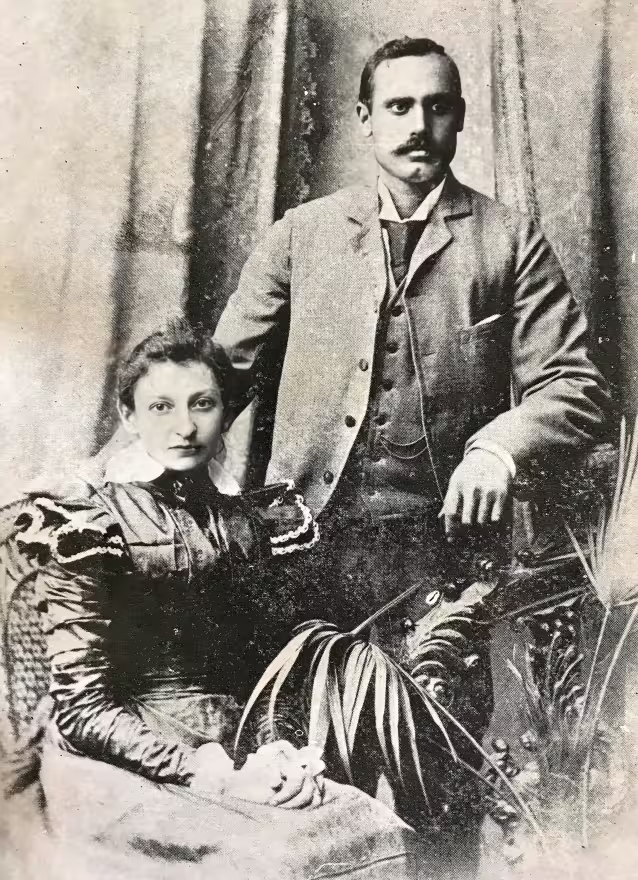
Migration to New Zealand and Challenges
This migration was driven by economic necessity and the promise of better prospects abroad, a common theme in the global Sikh diaspora. Phomen and Bir Singh were among the first identifiable Punjabis in New Zealand, arriving at a time when only a handful of Indians were recorded in the country, as noted in an 1881 census. Their journey reflects the broader pattern of Sikh migration during the late 19th century, fueled by colonial policies and economic hardships in Punjab.
Upon arriving in New Zealand, Phomen Singh faced significant cultural and social challenges, including racial prejudice. In an early incident in Auckland, his turban was forcibly unraveled, exposing his hair—a deeply disrespectful act for a Sikh. This experience led him to cut his hair and abandon wearing a turban, a difficult but pragmatic adaptation to the hostile environment. Despite such setbacks, Phomen demonstrated remarkable resilience, laying the foundation for Sikh culture in New Zealand. TeAra

Establishing a Legacy
Phomen initially settled in Auckland, where he learned confectionery under the guidance of a Muslim confectioner. He later moved to Wellington, working as a hawker, selling Indian sweets, curries, and chutneys door-to-door from a suitcase. This entrepreneurial spirit led him to Whanganui, where he established a confectionery business in 1898 in partnership with Charlie Abraham, a Muslim, under the name Abraham, Singh, and Company, Indian Lolly Manufacturers. After the partnership dissolved, Phomen took sole control, renting shops on Victoria Avenue and Wilson Street and employing another Sikh, Ganda Singh, from Punjab’s Malwa region.
His business ventures expanded to New Plymouth, Eltham, and Marton, where he opened sweet shops named Eureka, though these were less successful. It was in Palmerston North, between 1924 and 1925, that Phomen’s confectionery business flourished, with two Eureka shops on The Square and Rangitikei Street. Operating from his home at 16 Andrew Young Street, he and his family produced English-style confectionery, distributing it locally and to nearby towns via horse-drawn van. His success as a confectioner not only provided economic stability but also established him as a pioneer in New Zealand’s Indian community. RNZ
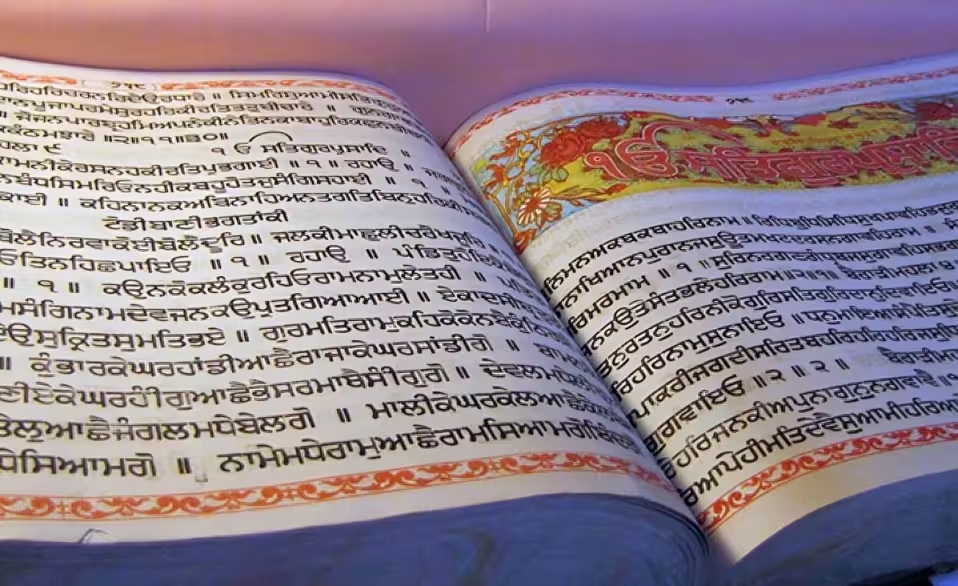
Contributions to Sikh Culture and Community
Phomen Singh’s contributions extended beyond commerce to the preservation and promotion of Sikh identity in New Zealand. In 1892, he brought one of the first copies of the Guru Granth Sahib, the Sikh holy scripture, to New Zealand, a significant act in establishing Sikh religious practices in the diaspora. This sacred text became a cornerstone for early Sikh gatherings, fostering a sense of community among the small but growing Punjabi population.
Phomen’s commitment to Sikh traditions was evident in his personal life. In 1898, he married Margaret Ford, an English nurse from Kent, in Whanganui. The couple had three sons and one daughter, and Phomen ensured that Sikh customs were upheld, notably during his daughter Kartari Singh’s wedding in Te Aroha in 1932, which followed traditional Sikh marriage rituals and garnered significant public attention. Later in life, Phomen and Margaret embraced Theosophism, reflecting the cultural blending common among early Sikh immigrants, though he remained dedicated to Sikh values.
Before his death, Phomen donated his treasured copy of Max Arthur Macauliffe’s The Sikh Religion VI to the Palmerston North Public Library, a testament to his commitment to sharing Sikh knowledge with a broader audience. His efforts helped lay the groundwork for the establishment of Sikh institutions in New Zealand, including the first gurdwara in Te Rapa-Hamilton in 1977, which built on the early presence of Sikhs like Phomen and his brother Bir.
It’s proud to hear that Sikhs are playing basic role in the development of the Newzealand Economy and all other sectors Good Sikhs are rising in value numbers.
Legacy and Impact on Sikh Migration
Phomen Singh Gill’s life encapsulates the challenges and triumphs of early Sikh migration to New Zealand. His journey from Punjab to New Zealand, his adaptation to a new cultural landscape, and his success as a businessman highlight the entrepreneurial spirit that defined many Sikh pioneers. His introduction of the Guru Granth Sahib and adherence to Sikh traditions helped preserve Sikh identity in a foreign land, contributing to the cultural fabric of the New Zealand Sikh community.
Phomen’s story is part of a broader narrative of Sikh migration, which saw small but significant waves of Punjabis settle in regions like Waikato, Auckland, and Wellington between 1890 and 1910. Despite restrictive immigration policies, such as the Immigration Restriction Amendment Act of 1920, Sikhs like Phomen laid the foundation for future generations, whose numbers grew significantly after the introduction of a race-neutral immigration system in 1987. By 2018, the Sikh population in New Zealand had grown to 40,908, reflecting a 113% increase from 2013, making Sikhism one of the fastest-growing religions in the country.
Phomen Singh passed away on May 27, 1935, in Palmerston North after a prolonged illness, leaving behind a legacy of perseverance and cultural pride. His funeral at Karori Crematorium in Wellington marked the end of a remarkable life that bridged continents and cultures. Today, his story is celebrated as part of New Zealand’s Sikh heritage, inspiring ongoing efforts to document and honor the contributions of Sikh pioneers through platforms like GlobalSikhiWiki.
Conclusion
Phomen Singh Gill’s journey from a Punjabi village to becoming a successful confectioner and cultural ambassador in New Zealand embodies the spirit of the Sikh diaspora. His contributions to business, community, and Sikh culture resonate in the thriving Sikh communities across Oceania today. By documenting his story, GlobalSikhiWiki aims to preserve the legacy of pioneers like Phomen, ensuring their contributions to the global Sikh narrative are remembered and celebrated. For more stories of Sikh migration and resilience, explore our platform at GlobalSikhiWiki.com.



